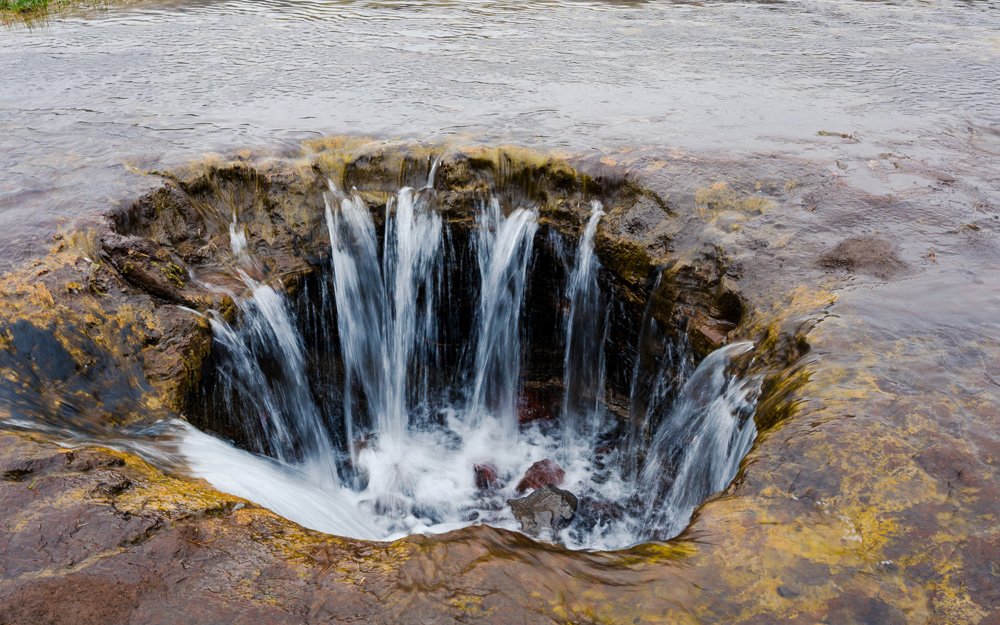Learn About Oregon’s Lost Lake: A Natural Vanishing Act

Every summer, a lake in Oregon mysteriously disappears right into the ground—only to return in winter, the area’s rainy season. While the water can be observed “draining” into a small hole in the lake’s bottom, the logistics of how that happens can be perplexing!
Read on to learn more about Lost Lake and the vanishing act it performs year after year.
A visual surprise
If you weren’t in the know about this odd phenomenon, it could certainly startle you! While locals have gotten used to the lake emptying and filling itself every year, the sight itself is a conundrum—there is a six-foot-wide hole in the lake that seems to drain water through to some unknown space. During the winter, the lake appears normal (although shallow)—but when the drier months roll around, the lake transforms into a meadow of sorts for the season.
Behind the phenomenon
The logistics behind Lost Lake and its disappearing water are actually not so mysterious—but that doesn’t make them uninteresting!
The “hole” that the water seems to flow into might look a lot like a bathtub drain, but it’s actually something much older—a volcanic tube, a piece of history from when lava in the area flowed in streams. When those flows hardened, they formed something similar to a cave, the tube that water in Lost Lake seems to flow through today. From there, it is likely transported to the porous rock and groundwater below.
Heavy rains keep the lake full during the wet season, but when dry weather arrives there isn’t enough water to replace the volume that’s constantly being drained into the ground. As a result, the water disappears for a season and we’re left with a beautiful dry landscape.
If you ever want to visit Lost Lake to see this marvel in action, we recommend checking ahead of time to see if the lake is full or back to its dry, meadow state! The lake is surrounded by beautiful forests and, of course, the impressive Cascade Mountains—so lake or no, you’re sure to have a great visit!
Bookmark & Share
User Comments
Be the first to comment on this post below!
Previous Article















